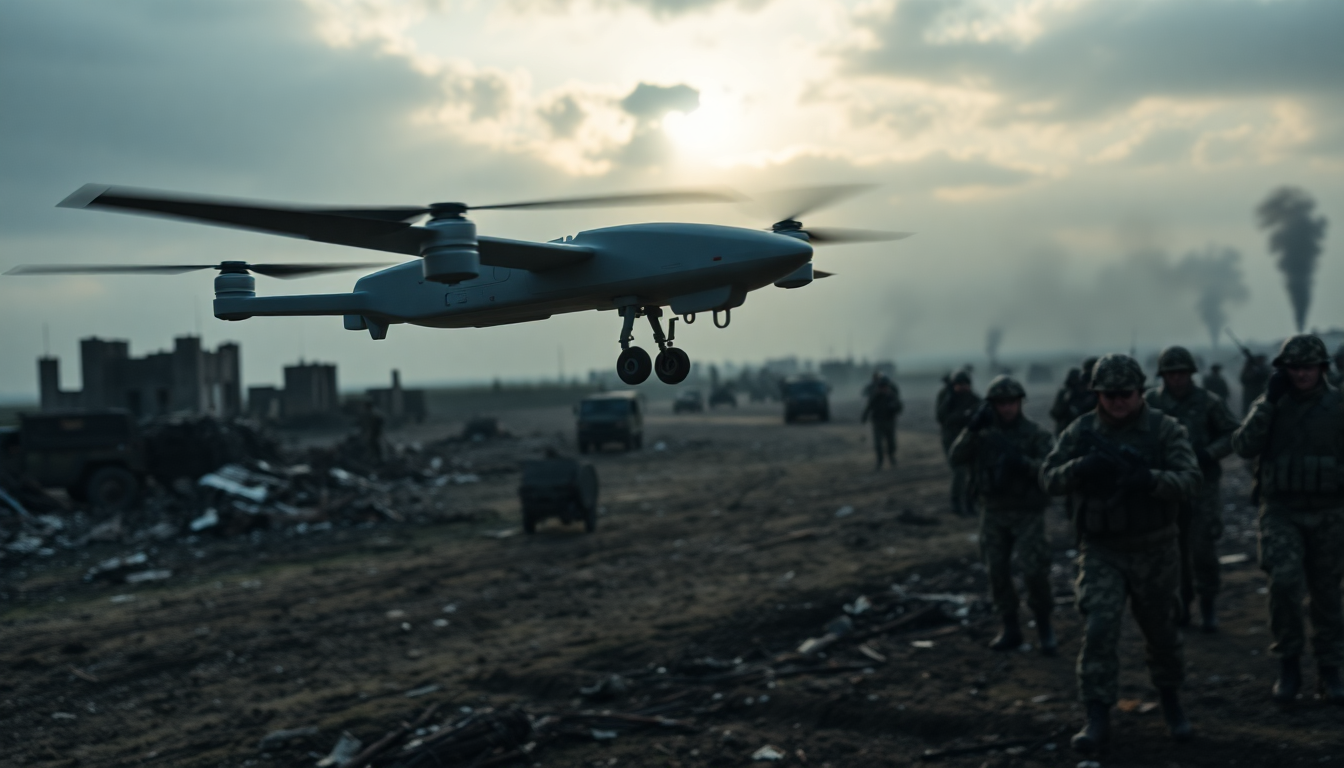Table of Contents
The ongoing conflict between Ukraine and Russia has reached a critical juncture, especially with the latest military activities ramping up tensions. As we witness these developments unfold, it’s essential to understand their implications—not just for the countries involved but for the entire global community.
So, what does this mean for diplomatic relations and defense strategies worldwide?
Recent Military Developments
One of the most striking incidents occurred when Ukrainian drones sparked a fire at a nuclear facility in Russia’s Kursk region. This event is a stark reminder of how precarious the situation can be.
Interestingly enough, Russian officials noted that the drone strikes coincided with Ukraine’s Independence Day—a date that holds deep significance as it marks the country’s break from the Soviet Union back in 1991. This highlights Ukraine’s strategic shift toward using drones to target critical infrastructure, showcasing their evolving military capabilities.
Fortunately, the fire was quickly contained, and radiation levels remained normal, but the incident raised serious concerns about the safety of nuclear facilities amid the ongoing conflict.
On the flip side, the Russian Defense Ministry reported that their air defenses successfully intercepted numerous Ukrainian drones over their territory.
This back-and-forth underscores the intensity of aerial engagements between these two nations. Recent reports suggest that Ukraine has launched a considerable number of drones and cruise missiles in retaliation, further emphasizing the tit-for-tat nature of this conflict.
These skirmishes are not merely isolated events; they are part of a broader pattern of escalating military confrontations that have come to define the war.
International Reactions and Implications
The international community is keeping a close watch on these developments, with increasing calls for the protection of nuclear facilities.
Rafael Mariano Grossi, the Director General of the U.N. nuclear watchdog, has stressed the urgent need for stringent safety measures at all nuclear sites. This sentiment reflects a growing global concern about the potential for nuclear fallout if the situation escalates further.
Meanwhile, President Volodymyr Zelenskyy has reaffirmed Ukraine’s commitment to sovereignty and security, articulating a vision for a peaceful future. His words resonate deeply within the nation, which is striving to establish itself as a respected player on the world stage, even amid ongoing hostilities. However, the recent U.S.-Russia summit in Alaska has left some Ukrainian officials anxious about the potential sidelining of their interests, underlining the delicate balance of international diplomacy in this complex scenario.
Looking Ahead: The Future of Ukraine-Russia Relations
As the conflict drags on, the path to resolution remains uncertain. The dynamic nature of military engagements, paired with international diplomatic efforts, will significantly shape the future of Ukraine-Russia relations. Stakeholders must remain vigilant, as the outcomes of these battles will undoubtedly have lasting consequences for regional stability and global security.
The resilience that Ukraine has shown, along with its strategic responses to Russian actions, suggests that a long road lies ahead. While there are calls for peace and dialogue, the reality on the ground indicates that both nations seem braced for a prolonged confrontation. Understanding these developments is crucial for making sense of the complexities and potential trajectories of this pivotal conflict. So, how will the world respond as we continue to navigate through these tumultuous times?





